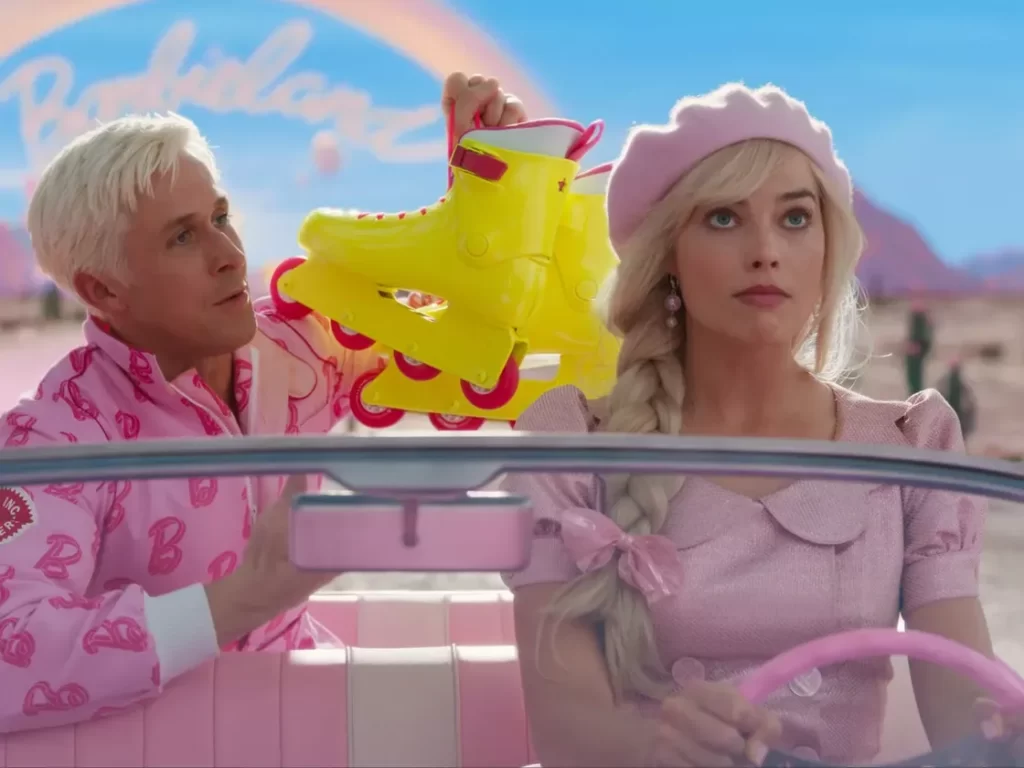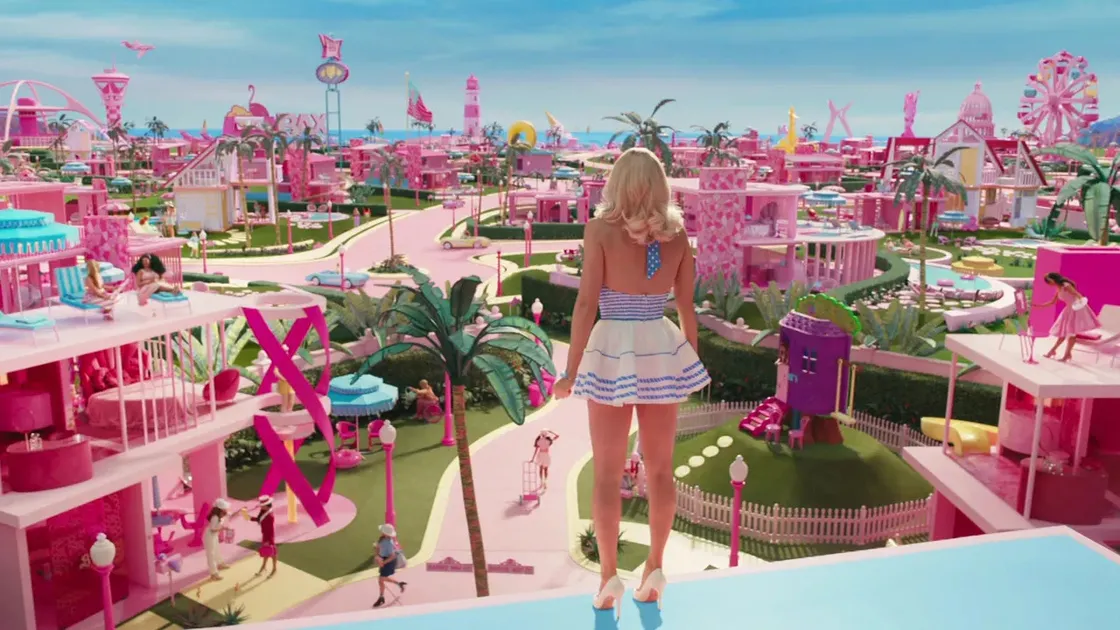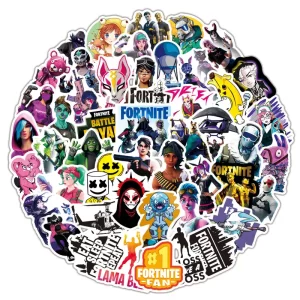Barbie, a name that has been synonymous with dolls and playtime for generations, has taken a surprising turn in Greta Gerwig’s latest cinematic creation. In an unexpected twist, the Barbie movie delves into philosophical and theological themes, weaving a narrative that goes beyond mere entertainment. As Gerwig’s Barbie sets foot in theaters, it challenges preconceptions and elevates itself to more than just a blockbuster toy franchise adaptation.
Gerwig’s genius lies in her ability to infuse depth into seemingly shallow subject matter. She draws a fascinating parallel between Barbie and Ken and the Biblical tale of Adam and Eve, leading to profound introspection. The notion that Barbie was created before Ken, and his existence was meant to bolster Barbie’s standing, opens a profound exploration of creation myths and gender dynamics.
While the comparison may sound humorous at first, the movie masterfully navigates these themes, building a narrative that resonates with audiences beyond the realm of plastic dolls. It cleverly dissects cultural products, gender roles, and feminism in a way that both engages and entertains.
The Barbie movie challenges the conventions of adapting intellectual properties for the big screen. Gerwig and co-writer Noah Baumbach venture into uncharted territory, subverting expectations and defying traditional norms. Unlike many lackluster attempts, Barbie isn’t just a shallow cash grab; it presents a clever and witty examination of societal constructs, all while poking fun at the very industry that brought it to life.

The heart of the story lies in Barbieland, a whimsical analog for the Garden of Eden, where Barbie and her fellow dolls live in a perfect world. Margot Robbie’s portrayal of Stereotypical Barbie is delightful, but it is Ryan Gosling’s Ken who steals the show. His comedic performance brings the character to life, shedding light on the hilarious but thought-provoking journey of self-discovery that Ken embarks on.
As the narrative unfolds, Barbie and Ken are forced to leave their utopian paradise and face the real world. This metamorphosis exposes them to the complexities of human life, making them aware of their own identities and the world’s inequities. Gerwig crafts an allegory of the human experience, mirroring the fall from grace and the path to redemption, all with a hint of playful humor.
The movie tackles patriarchy and gender dynamics with an astute finesse. It questions whether ignorance of societal complexities would be preferable, or if knowledge and self-awareness are keys to a more fulfilling life. The exploration of feminism and equal rights within the Barbie universe adds layers of depth to what could have been a one-dimensional blockbuster.
Amidst the laughter and spectacle, Barbie never compromises its thoughtfulness. It defies the notion that blockbusters must be devoid of substance, proving that humor and introspection can coexist on the big screen. Gerwig’s directorial prowess, previously showcased in Lady Bird and Little Women, once again shines through in this unexpected cinematic gem.
While Barbie might not be suitable for very young children, it undoubtedly caters to a more mature audience. Tweens and older viewers will find themselves immersed in its engaging narrative and witty humor. This movie serves as a reminder that intelligence and cleverness need not be sacrificed for pure entertainment.
As we applaud Greta Gerwig’s visionary approach to Barbie, we look forward to a future where more filmmakers dare to challenge conventions and elevate popular franchises beyond their superficial origins. The Barbie movie is a testament to the power of imagination and storytelling, reminding us that even within the bounds of plastic dolls, profound wisdom can be discovered.
The Barbie movie has transcended the mundane to become an exceptional film that celebrates both hilarity and contemplation. Gerwig’s genius shines brightly, proving that a Barbie movie can be more than just a toy-based spectacle—it can be a delightful and intellectually stimulating cinematic experience.
A Paradigm-Shifting Barbie Tale
Greta Gerwig’s Barbie movie has revolutionized the perception of toy-based film adaptations. With a witty, introspective, and thought-provoking narrative, it has surpassed expectations and emerged as a truly unique cinematic gem. As Barbie and Ken journey through the paradisiacal Barbieland and the real world, the movie explores profound themes of creation, gender dynamics, and feminism.
Gerwig’s ability to infuse intellectual substance into seemingly light-hearted material sets a new standard for blockbuster storytelling. Barbie encourages us to embrace the thoughtfulness within entertainment and challenges us to question societal norms, all while leaving us in fits of laughter.
This unexpected triumph serves as a reminder that filmmaking need not be confined to the confines of expected formulae. Instead, it can be a canvas for creativity and exploration, transforming what could have been a mere cash grab into an enchanting tale with depth and wit.
Greta Gerwig’s Barbie is an ode to storytelling’s potential, and we eagerly await the day when more filmmakers dare to tread this path. As we bid farewell to Barbieland, we carry with us the wisdom and laughter that this movie imparts, a testament to the limitless possibilities of imagination and cinematic brilliance.
FAQ
What was the message of the Barbie movie?
The Barbie movie delivers a powerful message of empowerment, focusing on breaking away from the stereotypes associated with the doll. However, some viewers have expressed concern that this empowerment seems to be one-sided, neglecting to address the empowerment of male characters like Kens, who have historically held empowered positions over time.
What is the meaning of the movie Barbie?
The 2023 Barbie movie, true to the filmmaker’s style, challenges the notion of portraying Barbie as solely ultra-feminine with a specific body type. Instead, the film playfully explores themes related to feminism, gender equality, and dismantling patriarchal norms.
Why did Greta Gerwig do Barbie?
Greta Gerwig was drawn to the Barbie project due to its rich tapestry of contradictions. She finds the complexities of life and the coexistence of contrasting elements intriguing. For Gerwig, the movie allows her to delve into how life can be both messy and complicated, refusing to fit into neat categorizations of good or bad.
Is the Barbie movie a satire?
Yes, Barbie is envisioned as a lively, sparkling, and pink-tinged satire that cleverly satirizes traditional gender roles and the objectification of women.
Why is the Barbie doll controversial?
The Barbie doll has been embroiled in controversies, with feminist groups in the 1970s criticizing its portrayal of an extremely thin figure, which they believed set unrealistic beauty standards for young girls. Additionally, advocacy groups like the South Shore Eating Disorders Collaborative have pointed out that if Barbie were a real woman, her body fat percentage would be too low for menstruation. These concerns raised discussions about body image and the influence of toys on young minds.













